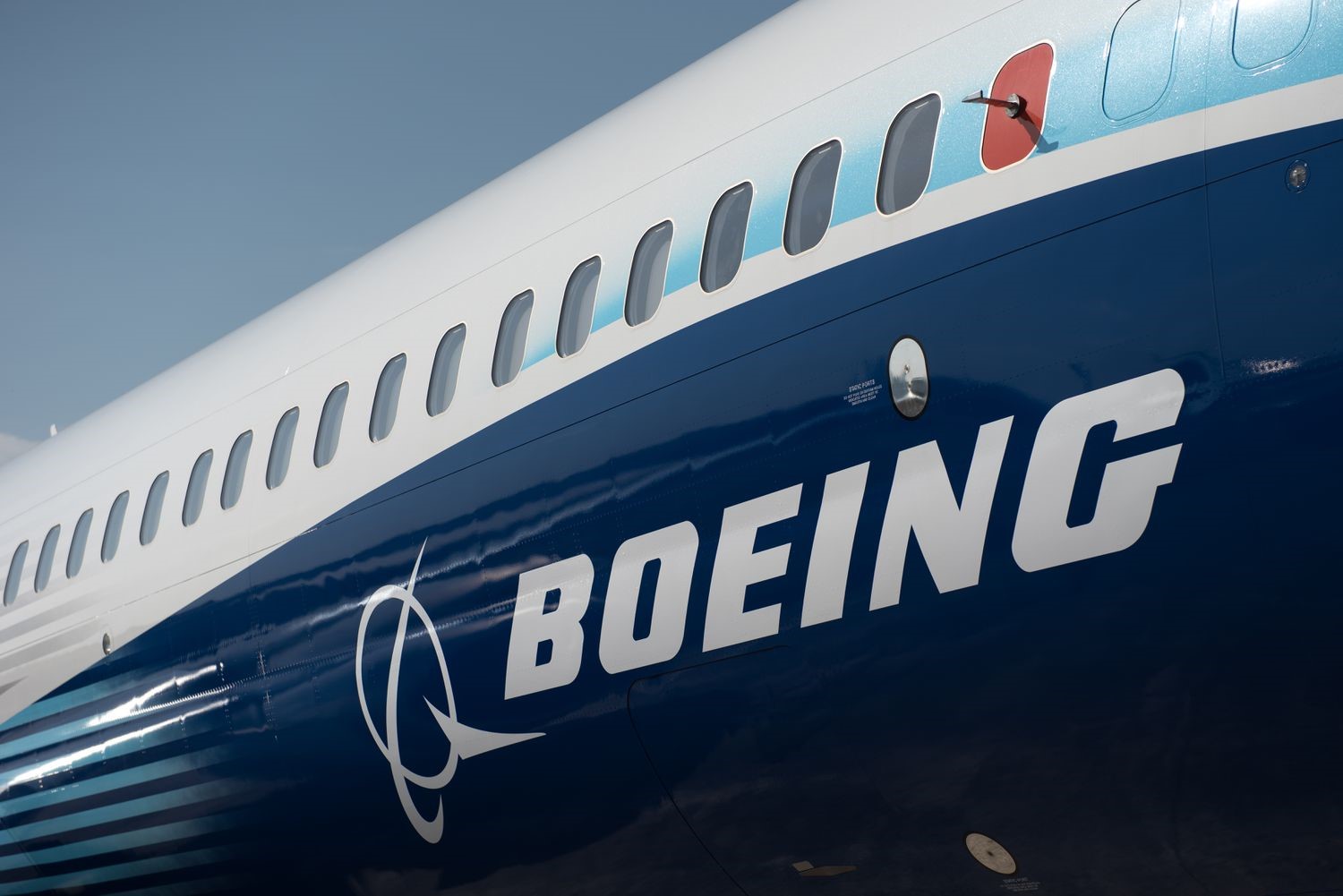

On October 25, 2023, the American multinational corporation and leading global aerospace company Boeing announced its Q3 results, revealing a loss of $1.64 billion for the period ending on September 30, attributed to reduced deliveries of its top-selling aircraft.

The company also revised down its 737 delivery projections for the current year, citing the adjustment to quality concerns related to its supplier, Spirit AeroSystems. The Arlington, Virginia-based company reported third-quarter revenue of $18.1 billion, slightly exceeding analysts' expectations of $18.0 billion.
Boeing has announced a deceleration in the production and delivery of its 737 aircraft due to the need for inspections and additional work to rectify issues with the pressure-sealing section of the planes. In collaboration with Spirit AeroSystems, Boeing actively addresses problems with improperly drilled rivet holes in the fuselage.
Additionally, Boeing disclosed a $482 million loss in the quarter, resulting from increased manufacturing costs on a contract with the Air Force to manufacture two new presidential jets. Furthermore, the company incurred a $315 million loss on a satellite contract.
During the September quarter, Boeing's commercial plane deliveries decreased to 105 planes, down from 112 in the previous year, primarily because of production challenges affecting the 737 Max passenger plane.
In the same timeframe as last year, the delivery of 737s decreased from 88 to 70, while there was an uptick in the number of 787 Dreamliner deliveries. CEO David Calhoun stated that Boeing remains committed to achieving its long-term financial objectives and is actively engaged in enhancing its supply chain and progressively boosting aircraft production rates.
In a communication to the company's workforce, Calhoun emphasized that there continues to be robust demand for Boeing aircraft. "That demand will underpin our recovery, but it's on us to perform. I have heard those outside our company wondering if we've lost a step. I view it as quite the opposite.”
The company initially set a delivery goal of 400-450 737 jets for 2023 but had to revise it down to 375-400 jets due to two distinct quality problems at Spirit.
The primary responsibility for most aircraft production at the OEM level is shared by two major companies: Boeing and Airbus. These industry leaders and their extensive supply chains heavily rely on aluminium as a crucial material for aircraft manufacturing. Approximately a quarter of the world's aluminium production is dedicated to serving the transportation sector, with aerospace manufacturers accounting for a significant portion of this demand. Looking closer, aluminium is a key component in as much as 80 per cent to 90 per cent of the parts necessary for aircraft production. This highlights the vital role that aluminium plays in the aerospace industry. However, due to sanctions imposed on Russia, a major aluminium producer, procuring this essential material has become increasingly challenging. Throughout the past year, executives in the aerospace sector have consistently expressed concerns about the ongoing difficulties in securing raw materials.
For in-depth insights into the utilization of aluminium in the aerospace industry and a comprehensive analysis of market trends, we recommend delving into AL Circle's specialized report titled “Future of Aluminium in Transportation Sector - an industry analysis with forecasts to 2027”. This report provides a detailed examination of aluminium's future in the transportation sector, particularly within aerospace, offering valuable forecasts and industry analysis.
Responses








